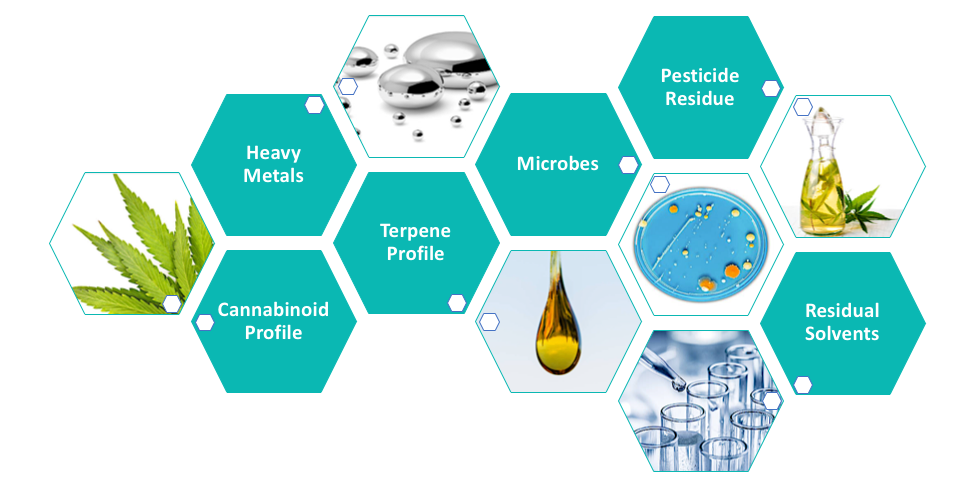A veteran visits her doctor and tells him about her daily struggle with PTSD. When her doctor tells her that nothing can be done, she grows desperate and looks to medical marijuana as a last-ditch effort. It worked. So much so, that she smoked it, vaped it, made pills with it and baked with it. Soon after, she started having breathing problems, pain, and a rash (along with an insatiable urge to scratch). She realized that her new “medicine” wasn’t all it was cracked up to be. She stopped the product but would still have health issues months later. (Source)
This woman was a customer of Organigram – a Canadian medical marijuana dispensary. An unapproved pesticide was used in the growing of marijuana for their products. The pesticide, when burned, releases a toxic gas that results in negative health effects for anyone ingesting it. Keep in mind, this happened in Canada – where medical marijuana is fully legalized and where the regulations for manufacturing and testing products is HEAVILY regulated. So, imagine what could happen here in the US…
***
Each state has different requirements for what information goes on the labels for medical cannabis product, how it is packaged, who grows it, who processes it, who tests it, and what the products are tested for. Hopefully, you’re in one of those lucky states where the legislators have enforced strict rules. But, you may be in a state where there is little to no expectation of labeling, whether or not the information needs to be accurate, and if testing of the product even needs to occur. (If you need assistance determining what the requirements are for your state, please don’t hesitate to contact us).

Thankfully, labs such as Steep Hill and Evio Labs are paving the way for appropriate testing and standardization for medical cannabis products. Many of their laboratories are ISO 17025 certified, which means that they have established a level of competency according to an accreditation body. Typical testing for medical cannabis products include:
Cannabinoid Profile: Cannabinoids (i.e., CBD, THC, etc.) are the main compounds found in cannabis plants and are the active ingredient in medical cannabis products. This testing tells you what cannabinoids are present and their quantities.
Terpenoid Profile: Terpenes are compounds responsible for flavors and fragrance in cannabis and have also been found to have health benefits. This testing tells you how much of each terpene is present in the product.
Heavy Metals: Heavy metals can be found in the ground where some cannabis is grown. This testing tells you how much is present to ensure it is at a safe level.
Microbes: Microbes are organisms that may be present in the product as a result of handling or processing. This testing tells you how much bacteria, fungi, yeast, mold, etc. is in the product.
Pesticide Residue: Like with most crops, pesticides are used to control pests so they don’t destroy the plant. This testing identifies the pesticides and determines the amount present.
Residual Solvents: Solvents are used to extract oils from the plant so the product can be used in other forms. This testing tells you how much hexane, acetone, ethanol, etc. may be present to ensure it is safe for consumption.
If you are medical cannabis patient, I encourage you to understand your state laws and ensure that the product you are using is safe and effective. No one needs a new problem while trying to solve another.
Demand truth. Seek transparency. And as always…
